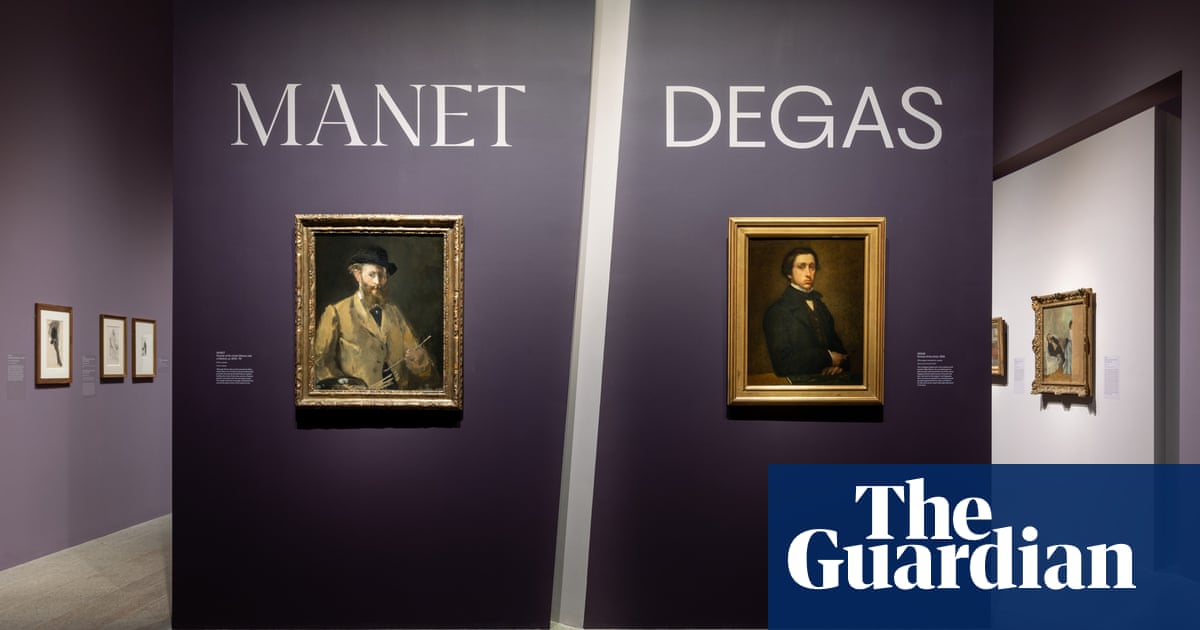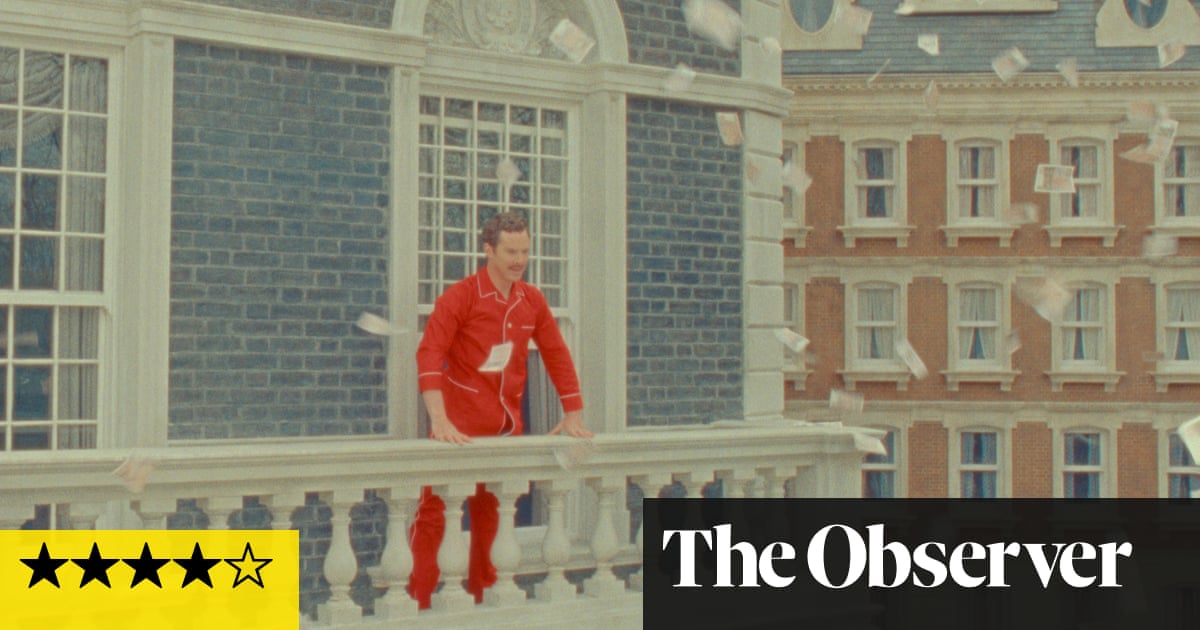
Mary Shelley’s archetypal “Modern Prometheus” narrative is given an absurdist modern twist by actors and co-writers David Earl and Chris Hayward in this sweet-natured and hugely likable odd-couple fable about an eccentric inventor and his ramshackle robot. Mixing DIY physical-comedy charm (there’s a touch of Silent Running’s anthropomorphic drones in the droid’s boxy movements) with sentimental tragicomic melancholia, this Sundance festival favourite offers a delightful antidote to the horrors of the world news cycle and the cynicism of the blockbuster franchises that currently pass for “fantasy” entertainment.
“I was very lonely,” explains Brian (Earl), a singular fellow who lives in a remote cottage in the valleys of north Wales, where he spends his time in his “infamous inventions pantry” (AKA his cowshed). Here, he knocks together outlandishly madcap creations such as the pinecone bag, the flying cuckoo clock, the egg belt and trawler nets for shoes – until one day the discovery of a fly-tipped mannequin head gives him bigger ideas. Like an amiable cross between Caractacus Potts and Victor Frankenstein, Brian drags the disembodied head and an old washing machine into his workshop and, with a little help from a convenient lightning storm, breathes haphazard life into a childishly sentient robot.
This is Charles (Chris Hayward), a latterday Tin Man with wildly mismatched body parts and a glitchy Max Headroom voice who wouldn’t seem out of place in a Wallace and Gromit animation. “I am your friend,” declares Charles, whose twitchy feet are made for dancing and whose wonder at the world around him (“How far does the ‘outside’ go? Does it stop at the tree?”) weirdly recalls that of the young survivor from Room. Brian thinks its best to keep Charles (who grandly adopts the surname “Petrescu”) a secret from the locals, and so the pair spend their days playing darts, cooking cabbages, riding bikes, having pillow fights and watching TV travel shows that give Charles a wanderlust to visit places like “Hono-loop-loop”.
It’s an idyllic existence, ecstatically captured in a montage played out to the Turtles’ Happy Together. Yet all too soon, electronic adolescence dawns and Charles starts to resemble a stroppy teenager, albeit one whose tiny head looks more like that of an eccentric professor and whose wayward manner will strike a chord with anyone who has experienced older relatives succumbing to the strange infantilisation of Alzheimer’s.
The characters of Brian and Charles grew out of an internet radio show and a live standup act that spawned an eye-catching short film in 2017. In that original screen incarnation, the only real narrative tension came from Brian locking Charles in a shed after he pilfered one of his prize cabbages, before sending him off to live under a tree – a decision he almost instantly regretted. For the feature, there’s clearly a need to up the dramatic ante. Thus we are introduced to local bully and bonfire-builder Eddie Tommington (Jamie Michie) whose family terrorise the neighbourhood; and to Hazel (Louise Brealey), a kindred spirit who lives with her domineering mother and a talkative parrot, and whose company Charles instinctively encourages Brian to court, with tenderly touching results.
Director Jim Archer, whose television CV includes stints on the BBC’s The Young Offenders and Channel 4’s Big Boys, says that Brian and Charles is “primarily about loneliness and the power of friendship and companionship”, a theme this marvellously raggedy film shares with more polished stateside AI productions such as Marjorie Prime and, more particularly, Robot & Frank. Here, the humour is distinctly British, with the nervous laughter of Brian’s to-camera monologues (the film has a very loose mock-doc structure) evoking the spirit of Ricky Gervais, with whom Earl has collaborated on shows such as Derek, with which this shares some tonal similarities.
Director of photography Murren Tullett lends a glowing cinematic grandeur to the bleakly beautiful widescreen exteriors, while composer Daniel Pemberton’s score blends nursery-rhyme innocence with an electronic sheen that perfectly embodies the duelling elements of Charles’s fairytale-like character. The result has homemade charm to spare, proving delightfully ridiculous but also poignant. Oh, and while this may not be a megabucks Marvel movie with umpteen fatuous end-credits scenes, it’s well worth sticking around for the Charles Petrescu rap that is nestled away at the very end of the film.












